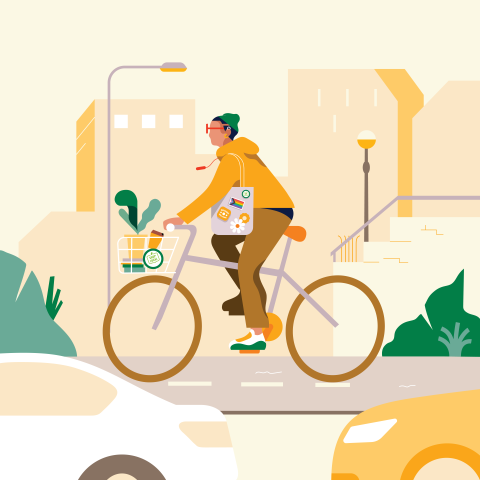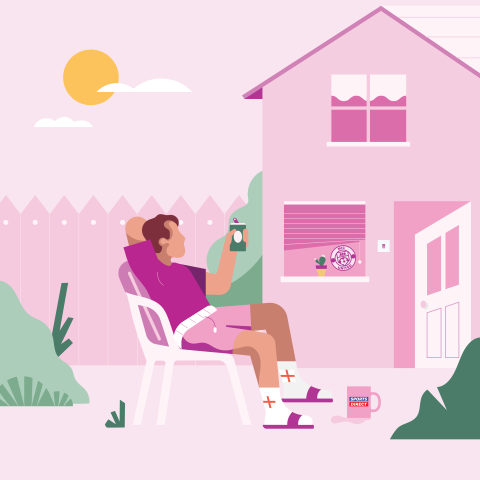21 per cent of the population

A civic-minded, community-oriented group holding views which are generally left-of-centre but with an aversion to the extreme; they prefer gradual reform over revolutionary change. They trust experts and institutions yet are largely tuned out of day-to-day politics and can be conflict-averse, stepping away from issues they see as particularly fraught or complex.
“I like Keir Starmer. I think he is a good man amongst a lot of politicians who are not and I think he genuinely cares about all people in society”
Tamara, Chester
“We're quite active in the local community, both giving back from a business point of view but also doing things, helping out at groups and things where my son goes to.”
Becky, Chester
Key words
Liberal, compromising, conflict-averse, cautious, satisfied, community-oriented, trusting.
What they worry about
Rising inequality in society, polarisation and division in Britain, the rise of Reform UK, global instability and uncertainty around conflict and the rise of populist leaders, the future of the NHS.
Where you might find them
Working in public sector jobs such as in schools and hospitals; volunteering in their community; at a play park with their young children; in cities and commuter towns; in constituencies such as Reading Central, Milton Keynes Central, Edinburgh North and Leith, Hove and Portslade and Coventry East.
How they get their news
They tend not to seek out news constantly, but want to be at least somewhat informed about the world. They might turn on BBC news over dinner, or listen to a podcast such as Newscast on their commute, but prefer non current affairs podcasts such as The Rest is History. They also come across plenty of news information organically on social media, although many of them try to block it out.
Learn more about the Incrementalist Left

Sarah
Sarah teaches at a comprehensive school in Reading, where she has spent the last fifteen years watching her workload grow while resources shrink. The endless paperwork, larger class sizes, and constant pressure to hit targets leave her drained by Friday afternoons, but she does not always see this as a system failure - just the reality of a demanding job she still loves.
That said, when Labour won the election, Sarah felt some relief that her school might finally receive the investment she believes it deserves and the children need.
What worries Sarah more than government policy is what her students encounter online. She tries to weave discussions about climate change and global citizenship into her lessons, but increasingly finds herself competing with the latest conspiracy theories or extreme content that they have absorbed from social media.
Sarah volunteers at a local food bank and feels deeply connected to her community, preferring to focus her energy on tangible help rather than political arguments. Sometimes Sarah’s most progressive friends or colleagues get frustrated with her that she will not join them in taking a stand alongside them against injustice - whether in school or on global issues such as the conflict in the Middle East. She trusts that experts and institutions will eventually sort out the big problems - she sees her job as to prepare students to think critically and treat each other with kindness in an increasingly complicated world.
Sarah will catch the BBC at six o'clock some days, but deliberately avoids scrolling through social media for updates that she knows will only leave her feeling helpless about problems beyond her control. When friends share articles about education cuts or climate disasters she clicks the link, but she would not share that kind of thing on her account.
Sarah’s approach to the challenges facing education reflects her broader worldview: problems are real and serious, but they are best solved through steady improvement rather than dramatic upheaval.
Explore the other Segments:





